Here are three ways in which children differ, and how private education suits their needs.
1. Personality
Early on in your child’s life, you’ll begin to recognize whether she is an introvert or an extrovert. The definitions of these two types are often misunderstood, but we use them to refer to people who are either energized by other people (extroverts) or whose energy is drained by other people (introvert). In a small, private school classroom children on both ends of that spectrum (and those who fall somewhere in the middle) can easily thrive. Introverted children can find comfort in the fact that there are few other children in the room to engage with which is much less of a drain that they’d experience in a traditional public school classroom. On the other hand, extroverted children can still gain energy from the children around them, and simultaneously learn to grow deep relationships with the members of their small classes.
2. Skill Level
While there is significant research into the way children learn in general, we also know that some children learn more easily and more quickly than others. In large classrooms, children on both ends of this spectrum suffer. Those who need the most support and attention are lost in the weeds and less likely to excel, and the students who learn most quickly are often left bored and uninspired. In small private education classrooms, our talented teachers have the time and resources to give specialized attention to all kinds of students ensuring that no one is left behind.
3. Attention
Some children simply have a harder time paying attention, and often, due to differences in learning styles, those children are boys. Large, chaotic classes make learning next to impossible for children facing attention issues. In private education classrooms, our teachers are better equipped to handle the various needs of their students, plus the more intimate classrooms provide less distraction and more directed activity.
We see time and again that students of all types thrive in the small classrooms of our private school. Much of that student success is due to our excellent faculty who, when properly resourced and not overburdened are able to teach and guide your children effectively. If private school seems like a great option for your family, contact us today and we’ll share more information about how to join the St. Barnabas community.

